
SEO (Search Engine Optimisation) has become essential for any company wishing to gain visibility on search engines. However, the task can be complex and time-consuming. Fortunately, Artificial Intelligence (AI), already present in many fields, is beginning to revolutionize natural referencing.
This technology offers numerous opportunities by facilitating keyword research, content creation, competitor analysis, and user experience personalization.
Here are some stats according to the source Hubspot:
84% of bloggers and SEO specialists state that AI and automation have impacted their SEO strategy. (HubSpot, 2023)
37% of marketers use AI to automate time-consuming tasks related to SEO. (HubSpot, 2023)
Table of Contents
ToggleI. Use of AI in SEO
A. Keyword Research
Keyword research is one of the pillars of SEO. With AI, this task becomes more precise and predictive. SEO tools using AI analyze massive volumes of data to identify the most relevant keywords and predict future trends. For example, platforms like Surfer SEO use intelligent algorithms to suggest high-potential keywords based on current Google searches.
AI also helps discover terms you might not have otherwise considered. By leveraging machine learning, these tools can point to long-tail phrases often overlooked by traditional methods. This provides an undeniable competitive advantage, allowing you to target specific niches accurately while maximizing organic traffic.
Here is an example with our AI SEO tool Hacktheseo to find keywords or topics directly:
- Keywords:
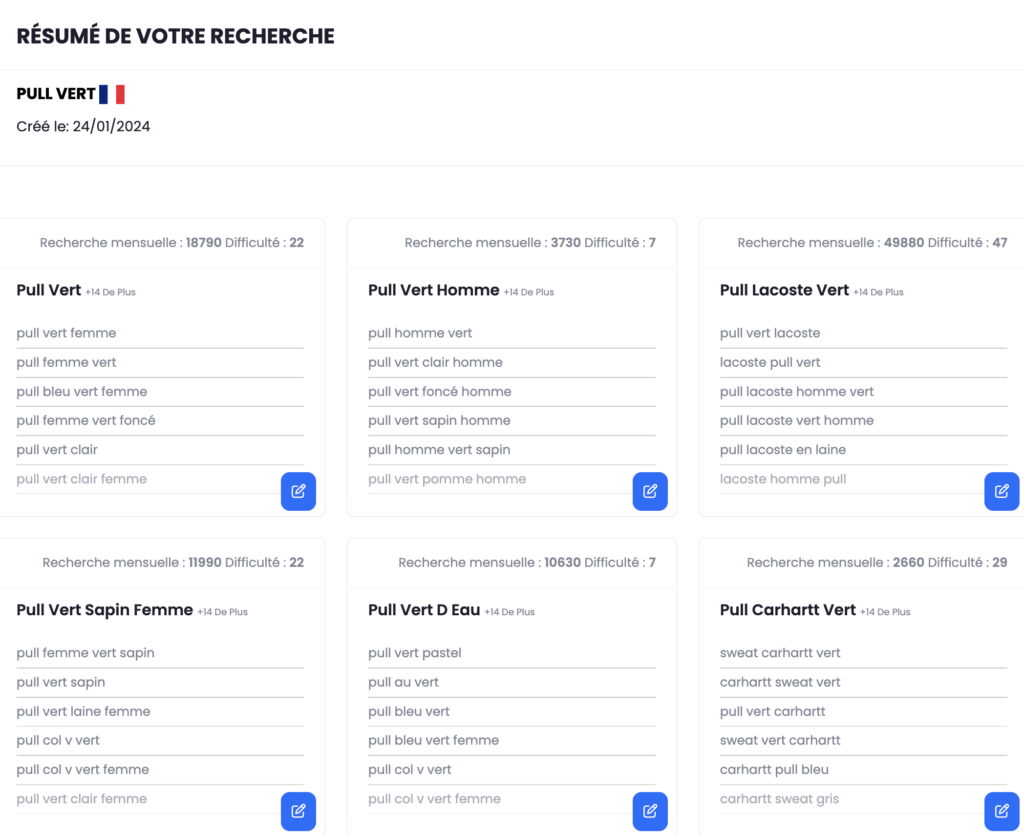
- Topics (list of most frequently asked questions for a keyword):
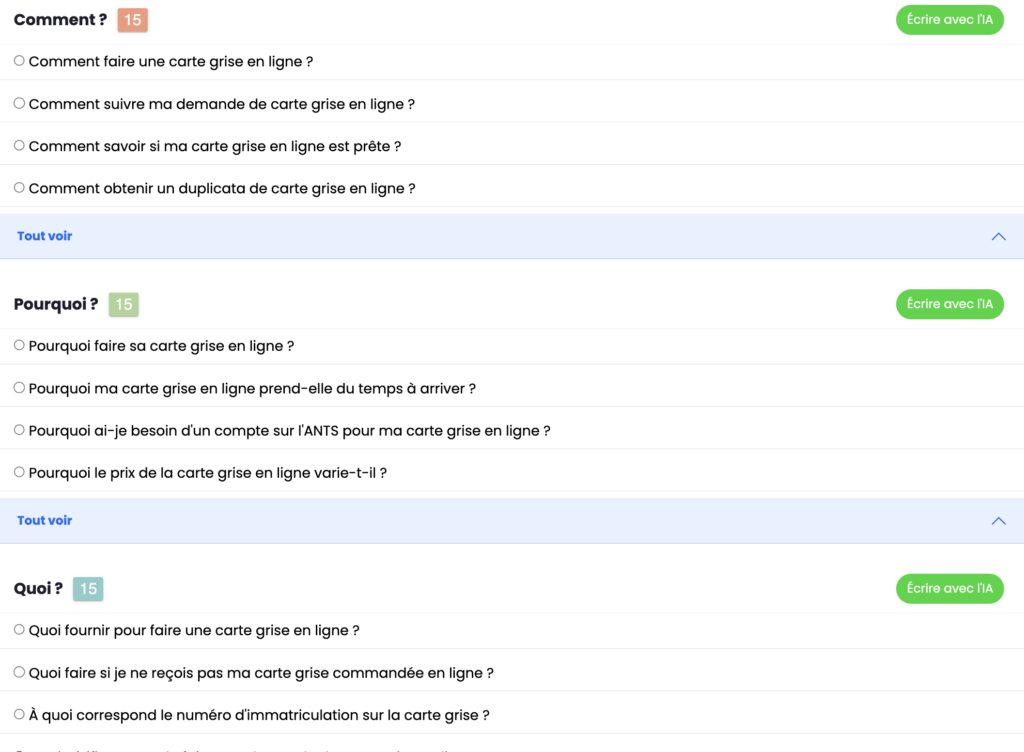
B. Content Creation
Artificial intelligence is also revolutionizing content creation. SEO tools based on AI can generate SEO-optimized texts, from blog articles to meta descriptions. They follow best practices in natural referencing, integrating strategic keywords while maintaining a smooth and engaging read.
For example, platforms like Hack the seo utilize artificial intelligence to produce complete articles in minutes. These contents are not only optimized for SEO but also adaptable to various styles and tones, which is essential for maintaining the authenticity of your brand.
C. Competitor Analysis
An essential aspect of SEO is competitive analysis. AI simplifies this task by providing in-depth insights into your competitors’ SEO strategies. Tools like Ahrefs and SEMrush use artificial intelligence to analyze hundreds of parameters, allowing you to adjust your own strategies accordingly. This includes everything from the keywords targeted by your competitors to the structure of their site and their backlinks.
D. User Experience Customization
AI plays a crucial role in enhancing user experience (UX). By analyzing user behavior, AI can personalize the navigation journey on your website. This improves time spent on the site and conversion rates. For example, personalized product or content recommendations can be provided in real time, based on visitors’ past preferences and behaviors.
E. Metadata Optimization
Metadata optimization is a crucial component of any effective SEO strategy. SEO tools using artificial intelligence can automate and optimize the creation of meta titles and meta descriptions, which significantly improves the click-through rate (CTR) in search results.
AI tools analyze best practices and current trends to generate metadata that captivates users. For example, algorithms can evaluate the most effective titles and descriptions in your niche, and adapt these elements accordingly to maximize the appeal and relevance of your pages.
By optimizing metadata in this way, the content of your pages becomes more attractive to users, which translates into a better click-through rate and, consequently, a more favorable position in the search results.
F. Improvement of Link Structure
The structure of internal links on a site plays a crucial role in SEO optimization. A well-thought-out link structure facilitates navigation, thereby increasing the time spent on the site and the authority of individual pages.
AI tools can analyze the current structure of your internal links and suggest improvements to optimize the flow of “link juice” or link authority. For example, by identifying opportunities to add internal links to less visited but important pages, AI can help evenly distribute authority across the site.
By improving the structure of internal links, you not only facilitate navigation for users but also strengthen the overall authority of your site in the eyes of search engines.
G. User Behavior Analysis
Understanding the behavior of visitors on your site is essential for any successful SEO strategy. AI excels in analyzing these behaviors, using advanced algorithms to identify navigation patterns and determine which content elements work well or need improvement.
For example, by analyzing data such as click rates, time spent on each page, and interactions with content, AI can provide valuable insights into user preferences. This information can then be used to adjust and optimize content, layouts, and calls to action to improve the user experience.
H. Online Reputation Management
With the increase in online interactions, effectively managing your brand’s reputation is crucial. AI tools can monitor and analyze mentions of your brand across various platforms, such as social networks and forums.
Using natural language processing algorithms, AI can quickly detect negative comments or potentially harmful discussions. This information allows for a swift and appropriate response to manage the public perception of your brand.
I. Duplicate Content Detection
Duplicate content is a major issue for SEO, as it can dilute the relevance of your content and negatively affect your ranking in search results. AI can effectively identify duplicate content within your site or across different sites.
Tools like Copyscape and Siteliner use AI to scan your pages and detect textual similarities. This helps to maintain content uniqueness, a crucial factor for optimizing your website’s SEO ranking.
You can try this free application that I personally use (super easy to use):
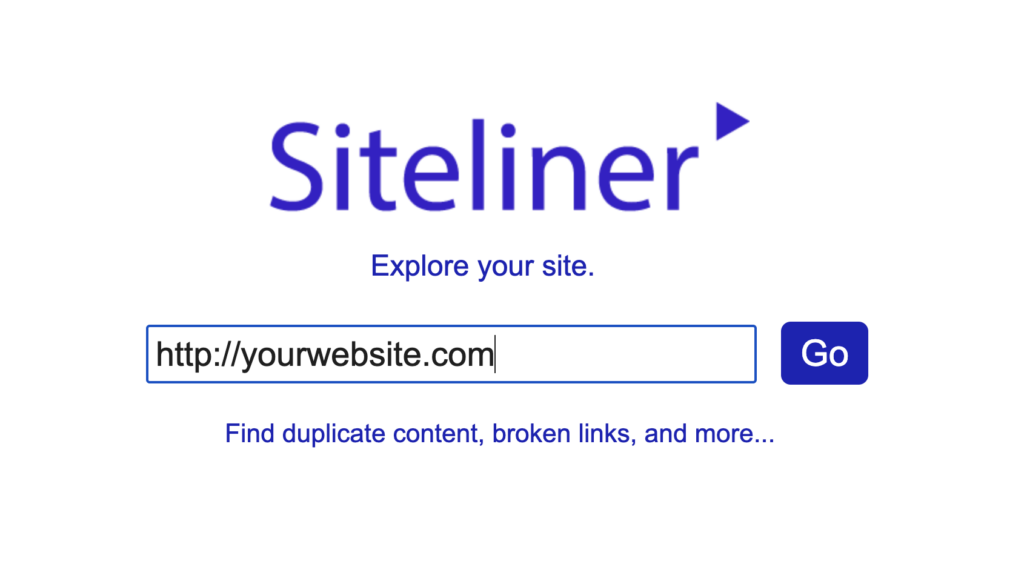
J. Automated A/B Testing
A/B testing is an essential technique for identifying which versions of pages perform better in terms of conversion and user engagement. With AI, these tests can be automated to maximize efficiency.
For example, AI can automatically manage tests on various page elements, such as headlines, call-to-action buttons, and visuals, to determine which have the greatest impact on performance. This automation allows for rapid, large-scale testing and subsequent optimization of pages.
K. SEO Performance Predictions
One of the most intriguing benefits of AI in SEO is its ability to predict the outcomes of certain SEO actions. Using predictive models, AI tools can estimate future performance based on historical data and current trends.
These predictions allow businesses to plan more effectively and allocate resources to the most profitable SEO initiatives. This includes recommendations for search terms to target, pages to optimize, and backlinking strategies.
L. Integration with Other Marketing Channels
SEO does not operate in a vacuum and often benefits from integration with other marketing channels, such as PPC (pay-per-click) and social media. AI facilitates this integration by providing a unified view of marketing performance.
For example, tools like SEMrush and BrightEdge allow tracking and analyzing SEO performance alongside PPC campaigns and social media efforts. This holistic approach helps coordinate brand messaging and marketing strategies, creating synergy that amplifies overall results.
So, what are your next steps for integrating AI into your SEO strategy? Start by assessing your needs and selecting the tools that best meet them. Engage with the content created to ensure its quality and maintain constant monitoring of the results. Together, AI capabilities and human expertise can create an unbeatable SEO strategy.
In summary, the integration of AI in SEO provides unprecedented precision in keyword research, content creation, competitive analysis, and user experience customization. But what about the tangible benefits of this technology?
II. Benefits of Using AI for SEO
A. Time Saving
One of the main benefits of using AI for SEO is time saving. Content creation, keyword optimization, competitor analysis… all these tasks can be automated, thus freeing up time for other activities. AI can handle these tasks more effectively and quickly than humans. Additionally, it allows for the automation of SEO tasks outside of working hours, so your website continues to improve 24/7.
The estimated time savings for an article (from what I see for writing this blog, we are at 30 – 40 min per complete article, versus normally half a day. But on shorter articles that require little modification you can do it in 20 min after it will not position the same as one where you took an hour to thoroughly review, check and add your knowledge into it.
B. Improved Efficiency with AI SEO
Using AI, you can enhance the efficiency of your SEO. In particular, AI can increase your chances of ranking on the SERPs (Search Engine Results Pages). Indeed, thanks to AI, you can create more relevant content, optimize keyword use, improve the user experience, and many other things that can help your website climb to the top of search engine results.
C. Better Insights
AI can also provide better insights. It can analyze large amounts of SEO data and provide valuable information that can help improve your SEO strategy. These analyses can include insights on keyword trends, user behavior, content performance, and much more. These insights can then be used to adjust the SEO strategy and optimize website performance.
https://youtube.com/watch?v=AUsVNl4f2i4%3Fsi%3D_14NllTyweC7cwiA
- Process Automation: AI enables the automation of many repetitive SEO tasks such as keyword research, content creation, metadata optimization, and backlink management, freeing up time for more complex strategic tasks.
- Increased Accuracy: AI can analyze large amounts of data with exceptional accuracy, allowing marketers to understand market trends, user behaviors, and content performance more quickly and accurately.
- User Experience Personalization: AI helps personalize the experience for each user based on their browsing behavior, preferences, and interaction history, which can increase conversion rates and improve customer loyalty.
- Predictive Capability: Using predictive models powered by AI can help businesses anticipate future SEO trends and adjust their strategies accordingly to maintain a competitive edge.
- Content and Competition Analysis: AI provides sophisticated tools for analyzing not only site content but also competitors’ strategies, providing strategic insights that can be used to improve positioning and offerings.
- SEO Risk Management: AI can identify and alert users about potential SEO issues before they become critical, such as search engine penalties, technical site issues, or changes in Google algorithms.
- Continuous Optimization: AI enables real-time and continuous optimization of SEO, automatically adjusting strategies based on current performance and detected opportunities.
- Cost Reduction: Although the initial investment in AI technology can be high, in the long run, it can help reduce costs by minimizing the need for human resources for repetitive tasks and by improving the efficiency of SEO campaigns.
- Scalability: AI makes SEO strategies easily scalable. Companies can increase their SEO reach without proportionally needing more human resources to manage the increased workload.
III. Challenges of Using AI for SEO
A. Cost
One of the main challenges of using AI for SEO is the cost. AI-based tools can be expensive, especially for small businesses. Furthermore, using AI may require special skills, which can also increase costs. Therefore, it is important for businesses to carefully assess the return on investment before deciding to adopt AI for SEO.
The cost can be optimized by using software tailored to your needs, but in any case, a small budget will be required. The budget will really depend on the maturity of your project, your ambitions, and also your industry sector. Positioning yourself in the insurance sector will not have the same cost as in a less competitive sector.
B. Content Quality
Even though AI has made huge progress, it may still struggle to create content of the same quality as humans. In particular, AI-generated content may lack originality or relevance to the target audience. Therefore, it is important to closely monitor the quality of the AI-generated content and to supplement it with content created by humans.
In order to improve the quality of articles on our SaaS platform Hack the SEO, we have chosen to feed the AI with relevant documentation and sources. It’s important to realize that the more information you generally provide to AI, the less likely you are to get invented or imprecise content.
Practical Case:
You want to position yourself on the keyword “AI SEO Writing”
- Step 1: The AI tool analyzes the TOP 10 on Google and scores it to identify the top 3
- Step 2: The top 3 articles are sent and suggestions for topics and article summaries are requested for you
- Step 3: Once the article topic is selected, we request a plan that you can modify
- Step 4: Then the writing is requested with more than 90 SEO criteria
- Step 5: You have your article in an editor, with the score + the semantic field of your competitors and it remains to optimize the content before publishing
So you see that writing a quality article is not just about telling GPT-4: “write me an article on SEO writing with AI”. You can test and compare, you won’t get the same quality and finish 🙂
C. Dependence
Lastly, an excessive dependence on AI can be a risk. Even though AI can automate many tasks, the importance of human participation and expertise in SEO should not be forgotten. Thus, judicious use of AI should be part of an overall SEO strategy, where AI is used as a tool to complement and enhance human work, not replace it.
IV. Tips for Effective Use of AI in SEO
A. Choosing Appropriate Tools
Today, there are many AI tools for SEO, each with its own strengths and weaknesses. To get the most out of AI, it is important to choose tools that best fit your needs and budget. When evaluating tools, consider their cost, ease of use, reliability, and reviews and feedback from other users.
Choose a tool that you will feel comfortable with, especially if you are a beginner; it should be simple to use and intuitive. Because many software solutions are developed for SEO professionals, this could quickly become discouraging.
To go back to the example of Hack the SEO, the tool I know best because we developed it 🙂
B. Combining Human Expertise and AI
It is important to remember that AI is a fantastic tool, but it does not replace human work. An effective SEO strategy should therefore combine the use of AI and human expertise. Humans are essential for creating quality content, understanding user needs, and making strategic decisions. AI, on the other hand, can help automate tasks, analyze data, and optimize the website.
This is what we do with Hack the SEO; this article is written partly with AI + myself writing to personalize it based on my opinions and point of view.
C. Monitoring Results
Finally, it is crucial to continue monitoring the results of your SEO. AI tools can provide a large amount of data, but this data is only useful if it is used correctly. Be sure to constantly check whether the keywords you are using are still relevant, whether the content you are creating is effective, and whether your website is well optimized for search engines.
Example of Monitoring assisted by our tool hack the seo:
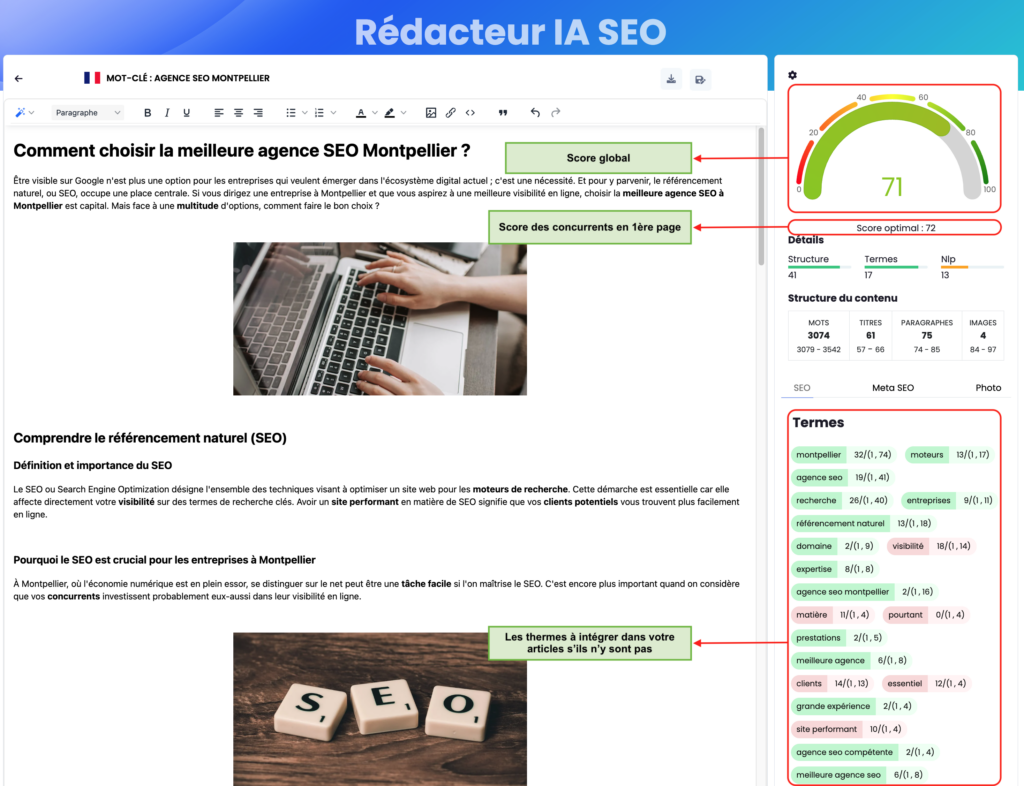
In conclusion, artificial intelligence has already begun to revolutionize the field of SEO, and its influence is only set to grow in the coming years. As a business, it is crucial to explore the possibilities offered by AI while being aware of its limitations. Remember: AI is a powerful tool, but it cannot replace a solid and well-thought-out SEO strategy. By smartly combining AI with human expertise, you can make the most of this technology and significantly improve your SEO.
What about you? Are you ready to adopt AI for your SEO strategy? Feel free to share your experiences and thoughts in the comments below!

Eric Ibanez
News Writer & Founder Hack The SEO
An expert in SEO since the launch of his e-commerce dedicated SaaS in 2016, Eric quickly grasped the significance of optimization for search...
Suggested Articles

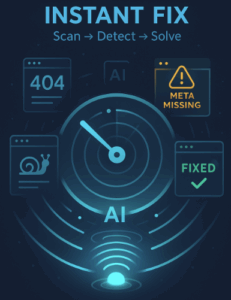
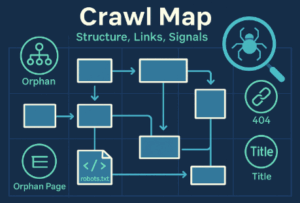
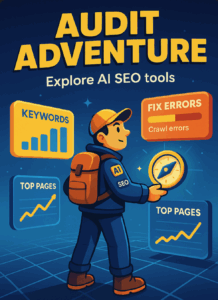
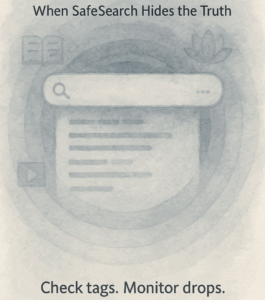
One thought on “AI SEO: How to Revolutionize Your Search Engine Optimization with Artificial Intelligence?”
Thanks